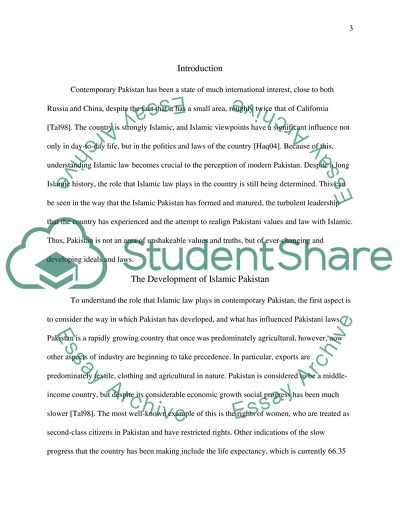Cite this document
(“The Development of Islamic Law and its Role in Contemporary Pakistan Research Paper”, n.d.)
Retrieved from https://studentshare.org/education/1399429-south-asia-topic
Retrieved from https://studentshare.org/education/1399429-south-asia-topic
(The Development of Islamic Law and Its Role in Contemporary Pakistan Research Paper)
https://studentshare.org/education/1399429-south-asia-topic.
https://studentshare.org/education/1399429-south-asia-topic.
“The Development of Islamic Law and Its Role in Contemporary Pakistan Research Paper”, n.d. https://studentshare.org/education/1399429-south-asia-topic.


